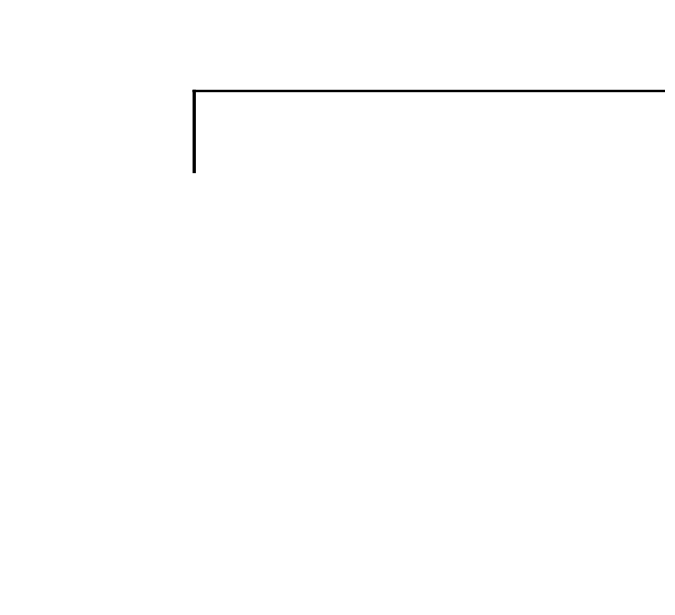How do you factor #x³+x²-x-1#?
2 Answers
The complete factorization is
Explanation:
I used synthetic division to solve this. (Do you need further explanation?)
You can factor by grouping to find:
#x^3+x^2-x-1 = (x^2-1)(x+1)#
Then use the difference of squares identity to find:
#(x^2-1)(x+1) = (x-1)(x+1)(x+1) = (x-1)(x+1)^2#
Explanation:
First factor by grouping:
#x^3+x^2-x-1 = (x^3+x^2)-(x+1) = x^2(x+1)-1(x+1) = (x^2-1)(x+1)#
Then notice that
#(x^2-1)(x+1) = (x-1)(x+1)(x+1) = (x-1)(x+1)^2#
Alternatively, notice that the sum of the coefficients (
Divide

Then recognise that


